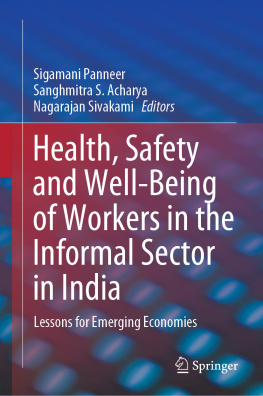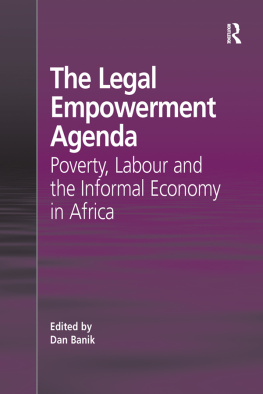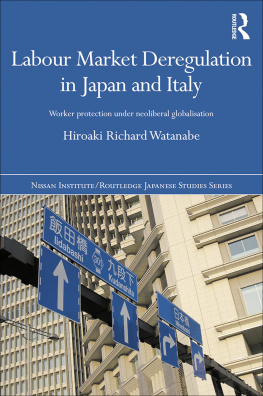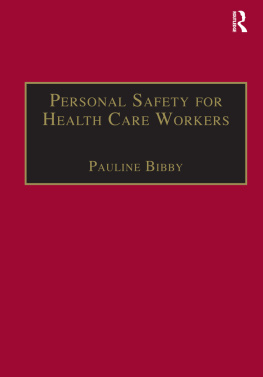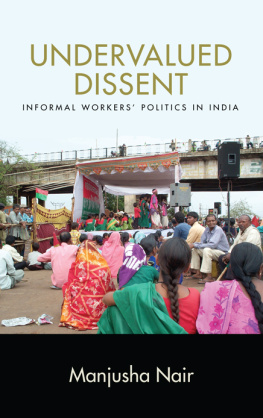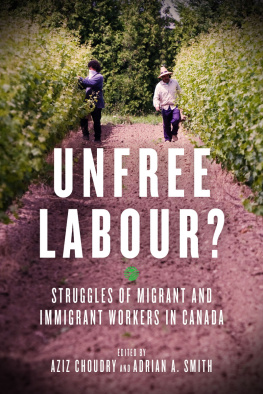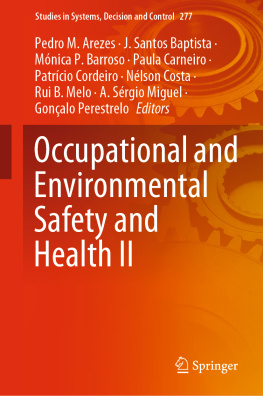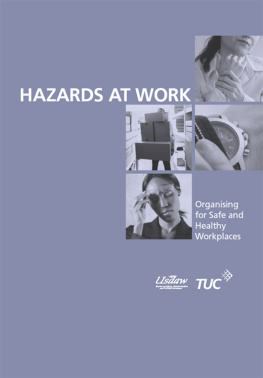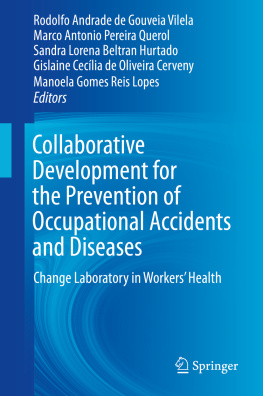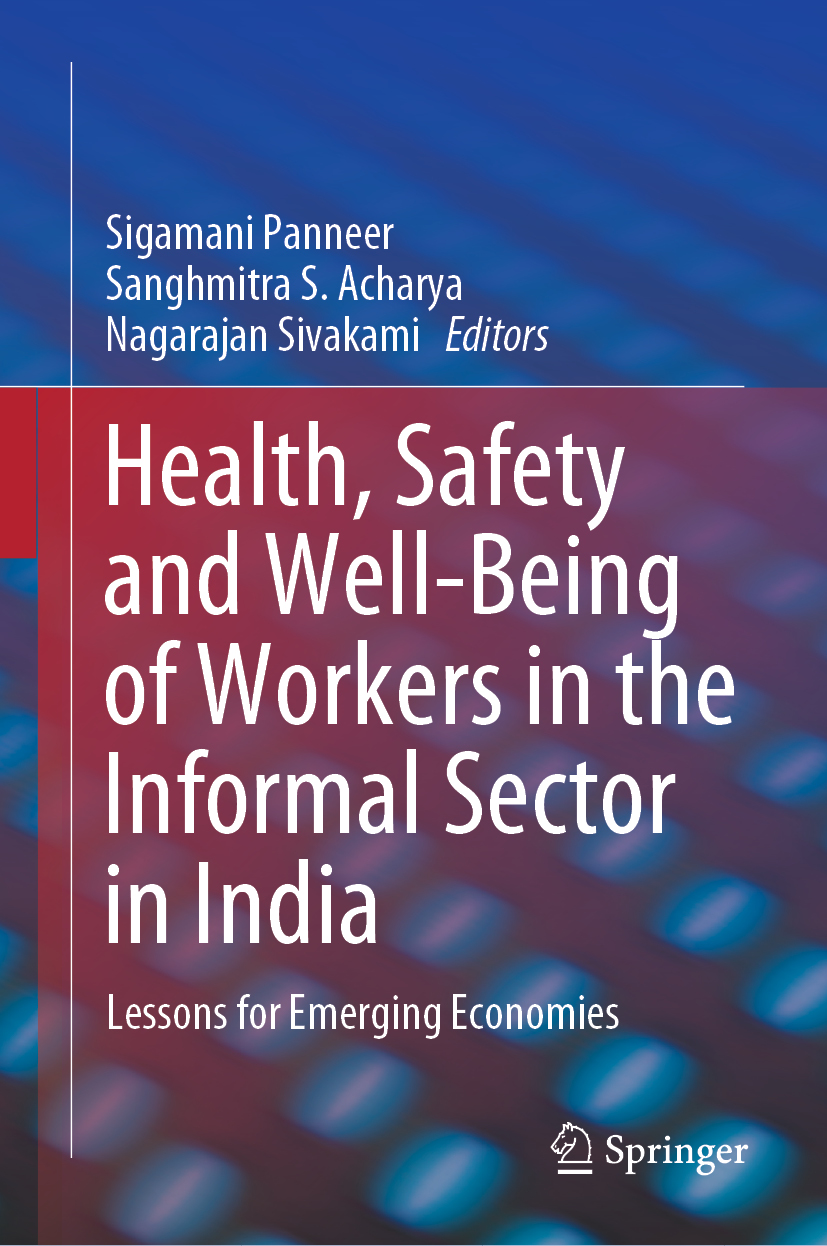Editors
Sigamani Panneer
Department of Social Work, School of Social Sciences and Humanities, Central University of Tamil Nadu, Thiruvarur, Tamil Nadu, India
Sanghmitra S. Acharya
School of Social Sciences, Centre of Social Medicine and Community Health, Jawaharlal Nehru University, New Delhi, Delhi, India
Nagarajan Sivakami
Department of Social Work, School of Social Sciences and Humanities, Central University of Tamil Nadu, Thiruvarur, Tamil Nadu, India
ISBN 978-981-13-8420-2 e-ISBN 978-981-13-8421-9
https://doi.org/10.1007/978-981-13-8421-9
Springer Nature Singapore Pte Ltd. 2019
This work is subject to copyright. All rights are reserved by the Publisher, whether the whole or part of the material is concerned, specifically the rights of translation, reprinting, reuse of illustrations, recitation, broadcasting, reproduction on microfilms or in any other physical way, and transmission or information storage and retrieval, electronic adaptation, computer software, or by similar or dissimilar methodology now known or hereafter developed.
The use of general descriptive names, registered names, trademarks, service marks, etc. in this publication does not imply, even in the absence of a specific statement, that such names are exempt from the relevant protective laws and regulations and therefore free for general use.
The publisher, the authors and the editors are safe to assume that the advice and information in this book are believed to be true and accurate at the date of publication. Neither the publisher nor the authors or the editors give a warranty, expressed or implied, with respect to the material contained herein or for any errors or omissions that may have been made. The publisher remains neutral with regard to jurisdictional claims in published maps and institutional affiliations.
This Springer imprint is published by the registered company Springer Nature Singapore Pte Ltd.
The registered company address is: 152 Beach Road, #21-01/04 Gateway East, Singapore 189721, Singapore
Foreword
The informal work sector in India employs the largest workforce segment and accounts for more than half of the countrys economic output. In spite of its substantial contribution to the economic development in India, the workers in the informal economy are not included in the framework of labour and occupational health laws and thus are deprived of their entitlements. The informal workers generally do not have medical leave, maternity leave, pension, retirement benefit, compensation in case of occupational injuries/death or group insurance. Apart from the lack of employment-related social security benefits, the workers in the informal economy are exposed to a wide variety of physical, chemical, biological and radiological hazards. Consequently, the workforce faces a range of occupational health problems including diseases of various kindsrespiratory system, circulatory system, digestive system, urinary tract, nervous system and other sensory organs, auditory disability, musculoskeletal disorders, reproductive health issues and dermal allergies. The International Labour Organization has estimated that approximately one per thousand working adults die annually from work-related causesan astonishingly high number. The poor availability and access to occupational health services and the burden of occupational disease may cause an economic loss of up to 1020% of the gross national product.
This book provides a comprehensive analysis and empirical studies relating to informal sectors and developmental issues in emerging economies. The chapters in this book discuss in detail the diverse aspects of the people working in the informal sector; the problems they face relating to employment, health and welfare; national and local policies; and possible solutions. The chapters illustrate the trans-disciplinary and multidisciplinary approaches that are needed to address this complex challenge and offer research and practice guidelines for research scholars, field practitioners, students in the field of the development studies, economics, social work, public policy, geography, public health and occupational health.
Prof. Gurumurthy Ramachandran
Baltimore, MD, USA
Gurumurthy Ramachandran
is Professor in the Department of Environmental Health and Engineering, Johns Hopkins Bloomberg School of Public Health, Baltimore, Maryland. He was also Professor in the Division of Environmental Health Sciences in the School of Public Health at the University of Minnesota, Minneapolis. His research has included the development of robust occupational exposure assessment strategies for a variety of airborne contaminants. He has pioneered the use of novel Bayesian statistical methods that synthesize exposure models, monitoring data and probabilistic expert judgement. His additional areas of expertise include developing exposure assessment methods for nanoparticles and the use of expert judgement in risk assessment for nanomaterials and nanotechnology policy in the areas of occupational health and nanomedicine.
Prologue
That health policy affects the living conditions and life chances of people is not new. What is new is an effort to make the impact of health policies explicit and, where possible, to alter policies in the direction of the health, safety and well-being of all, including workers throughout the informal sector. Health policy is an integral part of the development, which is guided by sound governance.
Through case studies and essays about Indias informal sector and its intersection with health policies, this book examines the multidimensional problems of people characterized by low income, unstable employment and inadequate protection. The term health derives from an Anglo-Saxon word meaning whole and signals that health concerns the integrity, soundness and the well-being of the whole person. A simple feedback model of the relationship between health and health care focuses on factors of need for and access to medical care and cure in the health system. An expanded version of the model introduces environmental factors (social, physical and genetic) and linkages among individual responses, health functions and well-being.
The expanded model distinguishes between disease as recognized by providers in the healthcare system and functional health as experienced by individuals. The two perspectives have different purposes. A providers concept of disease guides the appropriate application of available medical knowledge and technology, whereas patients are concerned with the impact of illness on their lives. Beyond the direct physical maintenance (or restoration) of health, the category of well-being entails a sense of life satisfaction of individuals, that is the ultimate objective of health policy.
The chapters of this edited volume address a potpourri of topics. Some focus on specific target populations like women, migrants and agricultural labourers. Others are more broad-gauge in addressing migration, demography and age cohorts. And still, others address issues of gender, special needs and even spirituality. While conceptual or theoretical frameworks are rare, all the chapters richly describe empirical examples of problems in the informal sector of Indias economy and are well worth reading.

